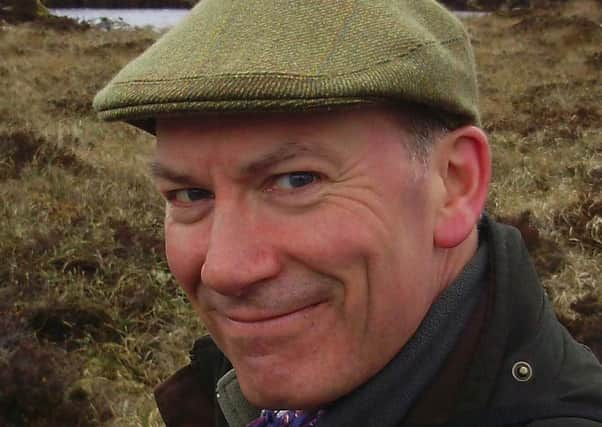Helping farms to deliver on environment and climate – Ross Macleod


We recognised however that there is growing support for ‘public benefits’ like water quality, soil health, biodiversity and carbon storage. Indeed, the results of a Scottish Environment Link survey published in May 2018 indicated that 77 per cent of Scots want farming to deliver for environment and climate.
That is why the Game & Wildlife Conservation Trust is paying close attention to the development of natural capital, which can be defined as resources – geology, soil, air, water and all living things. We derive a wide range of benefits from these resources, often called ecosystem services, which make human life possible. By properly valuing natural capital, we can work to maintain such assets so that they provide a sustainable flow of benefits.
Advertisement
Hide AdAdvertisement
Hide AdIn 2016, the UK-based Natural Capital Coalition published a protocol, which provides a basis on which to identify, measure and value direct and indirect impacts and dependencies on natural capital. We propose to follow this systematic approach by applying it on our demonstration farms at Auchnerran in Aberdeenshire and at Loddington in Leicestershire. Having substantial baseline species, habitats and other data at both locations, we are well positioned to make progress.
This work will enable the trust to engage on equal terms with other stakeholders researching natural capital. It will allow us further means to assess game and wildlife management impacts and, of course, it will also allow us to contribute to development of agri-environment support schemes based on natural capital.
Ross Macleod, head of policy (Scotland) Game & Wildlife Conservation Trust